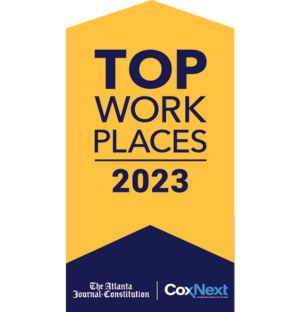News & Resource Center
Tax Impact NewsletterDefinition of a responsible person
In this context, a “responsible person” includes anyone — within or outside the company — with significant control or influence over the company’s finances. This control or influence can be derived from an ownership interest, job title, check-signing authority, hiring or firing authority, control over the company’s payroll, or power to make federal tax deposits.
The IRS is also liberal in its interpretation of the term “willfully.” It includes not only those who intentionally fail to remit payroll taxes, but also those who “recklessly disregard” obvious or known risks of nonpayment. The IRS won’t impose trust fund penalties, however, on a responsible person who’s negligently unaware of a payroll tax default.
It’s important to understand that you can’t avoid liability for trust fund penalties by delegating payroll tax responsibilities to someone else, whether it’s another employee or owner or a third party, such as a payroll service provider. They may also be responsible persons, but relying on them doesn’t mean you’re off the hook. (See the discussion of CPEOs, below.)
A case in point
A recent case demonstrates the lengths that the IRS will go to in order to collect unpaid payroll taxes. In Shaffran v. Commissioner, the IRS assessed more than $70,000 in trust fund penalties against a 77-year-old man whose only connection to a business (a restaurant co-managed by his son and the restaurant’s owner) was that he’d signed a few checks for the business when neither manager was available.
Shaffran visited the restaurant two or three times per week for several hours, where he “sat around” at the bar and occasionally acted as a “gofer” for the managers. He occasionally prepared checks for his son to sign and he signed four checks (two for suppliers and two for loan payments) when the managers were unavailable. The bank honored the checks even though Shaffran was not an authorized signatory on the account.
The U.S. Tax Court ultimately concluded that Shaffran’s activities and authority didn’t rise to the level of a responsible person. Nevertheless, he was forced to invest time and money to prove his lack of responsibility and to endure the stress of litigation with the IRS.
Consider a CPEO
Many businesses use professional employment organizations (PEOs) to handle a variety of employment-related tasks, including collecting and remitting payroll taxes. Contrary to popular belief, however, using a PEO doesn’t relieve a business or its responsible persons from liability for unpaid payroll taxes. But a business may avoid liability by using a certified PEO (CPEO). Because a CPEO is treated as the employer of its customers’ workers, it retains sole responsibility for all related payroll tax obligations. Contact a Moore Colson advisor to help determine if a CPEO is right for your company.




